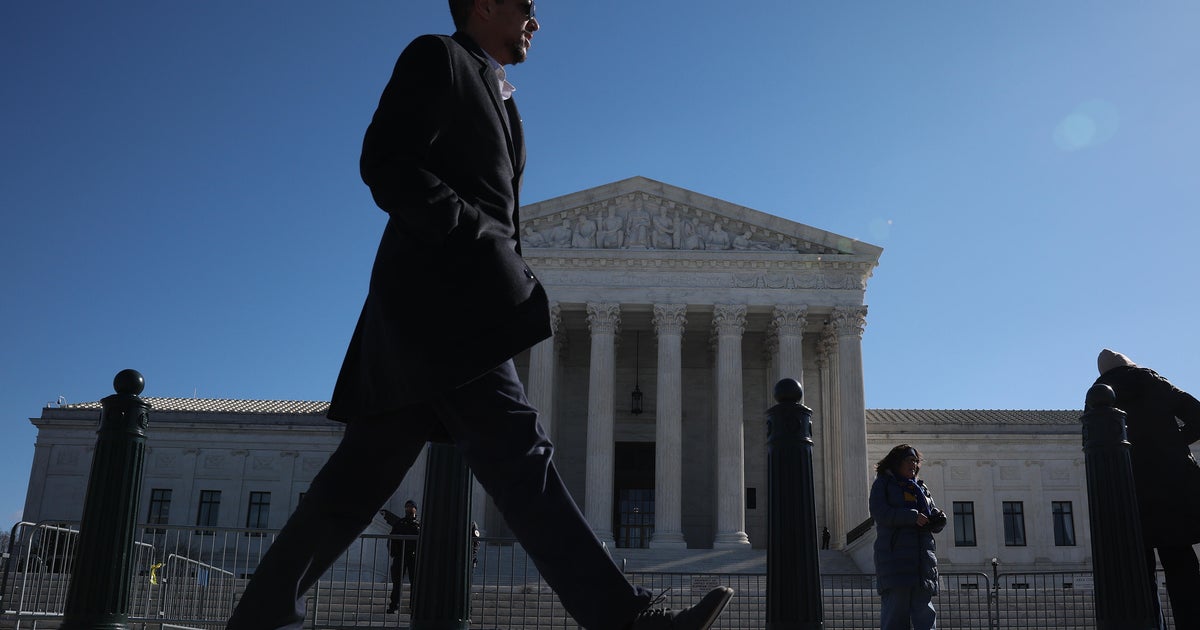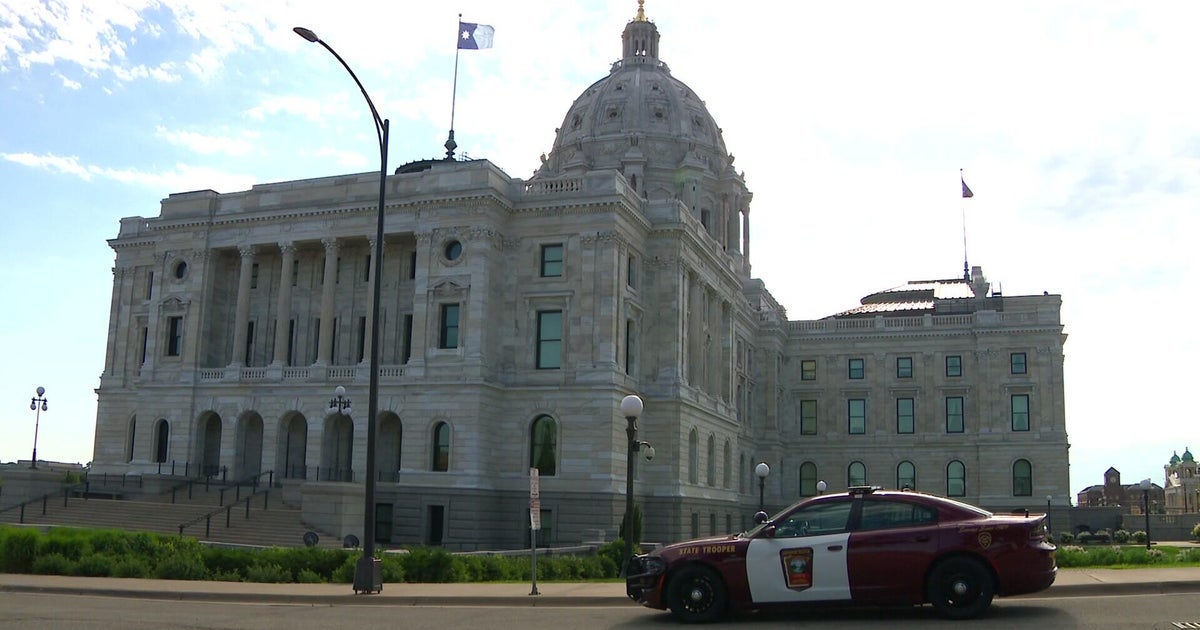Supreme Court begins blockbuster term under political microscope
Washington — The Supreme Court convened Monday to begin its new term, one that will be shaped by decisions in disputes over gun rights, religious liberty and, in the most divisive case before it, abortion.
The justices returned to hear oral arguments in-person for the first time since the start of the COVID-19 pandemic in March 2020, and with the trio of blockbuster cases on the docket, the term will shed light on how dramatically the 6-3 conservative majority will change the law.
By the summer of 2022, with Democrats' efforts to hold control of the House and Senate in full swing, the high court will likely have issued decisions on whether to expand Second Amendment rights, to chip away at a woman's right to an abortion and continue its pattern of siding with religious organizations.
The Supreme Court has also been asked to review Harvard University's admissions policies, which have been challenged by a group of Asian-American students in a case over affirmative action.
After the cry of "oyez, oyez, oyez" from the marshal of the court just after 10 a.m., Chief Justice John Roberts launched the new term by declaring the court's October 2020 term officially closed, and the October 2021 term now convened. Roberts also noted that Justice Brett Kavanaugh would be participating remotely. The court announced last week he tested positive for COVID-19.
The court began its term with arguments in two cases: a dispute between Mississippi and Tennessee, and a case involving the Armed Career Criminal Act. Justice Clarence Thomas, who was largely quiet during in-person oral arguments before the pandemic but became a frequent questioner during remote arguments last year, asked the first question of the term.
In addition to the legal battles on its docket, the justices kick off the term with bruised public approval after a 5-4 decision declining to block a Texas abortion law, the nation's most restrictive, last month. The ruling by the divided court thrust it to the center of a political firestorm, as Democrats reignited their calls to add seats to the Supreme Court and held a pair of congressional hearings about its procedures.
But the latest criticisms of the court have also put some of its members on the defensive, with four of the justices using recent public appearances to defend the institution and brush back questions about its legitimacy.
Justice Amy Coney Barrett said during a lecture last month that the Supreme Court "is not comprised of a bunch of partisan hacks," while Justice Samuel Alito used a speech at the University of Notre Dame last week to rebuff criticisms by the public and even some of his colleagues about its process for addressing emergency requests.
In addition to the political pushback, looming over the high court is a forthcoming report by President Biden's commission on the Supreme Court exploring possible reforms, including the court's expansion or term limits for justices.



